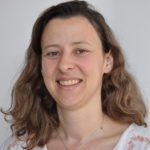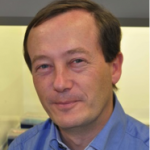Link to Pubmed [PMID] – 26961233
J. Clin. Immunol. 2016 Apr;36(3):204-9
Chronic mucocutaneous or invasive fungal infections are generally the result of primary or secondary immune dysfunction. Patients with autosomal recessive CARD9 mutations are also predisposed to recurrent mucocutaneous and invasive fungal infections with Candida spp., dermatophytes (e.g. Trichophyton spp.) and phaeohyphomycetes (Exophiala spp., Phialophora verrucosa). We study a consanguineous family of Turkish origin in which three members present with distinct clinical phenotypes of chronic mucocutaneous and invasive fungal infections, ranging from chronic mucocutaneous candidiasis (CMC) in one patient, treatment-resistant cutaneous dermatophytosis and deep dermatophytosis in a second patient, to CMC with Candida encephalitis and endocrinopathy in a third patient. Two patients consented to genetic testing and were found to have a previously reported homozygous R70W CARD9 mutation. Circulating IL-17 and IL-22 producing T cells were decreased as was IL-6 and granulocyte/macrophage colony-stimulating factor (GM-CSF) secretion upon stimulation with Candida albicans. Patients with recurrent fungal infections in the absence of known immunodeficiencies should be analyzed for CARD9 gene mutations as the cause of fungal infection predisposition.

